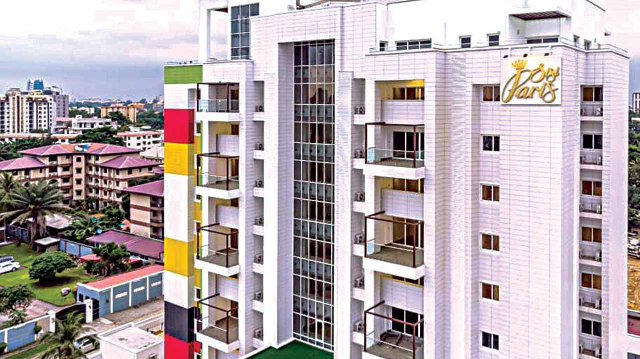The average yield on the Federal Government of Nigeria (FGN) bond rose in the secondary market as a result of the recent selloffs. Investors are losing interest in naira assets on long-term contracts as they expect petrol pump prices to rise, halting disinflation.
In July, the inflation rate fell for the first time in approximately 30 months, owing to base effects. Despite the increase in interest rates, the consumer price index has remained reasonably stable at 33.40%.
Bond investors’ real returns improved following the inflation slowdown, as the Debt Management Office reduced bond supply. Yesterday, the FGN bond market was relatively pessimistic, with activity concentrated in the middle of the curve.
Traders said selloffs in the JUN 2033 FGN bond , thus lifted its yield higher by 30 bps, while FEB 2034 FGN bond rose by 47 bps as a result of buying interest. The mid-segment of the curve is expanding by 10 bps.
In a note, Cordros Capital Limited said across the benchmark curve, the average yield increased at the short (+2bps) and mid (+6bps) segments. The yield inched higher as players sold off the MAR-2025 (+4bps) and JUN-2033 (+30bps) bonds, respectively, while it remained unchanged at the long end.
Consequently, the average yield increased by 3 bps to close at 19.41%. In Nigeria’s sovereign Elsewhere, Eurobonds market, sell pressure at the short, mid, and long ends of the yield curve led to a 0.07% increase in the average yield to 9.98%.












